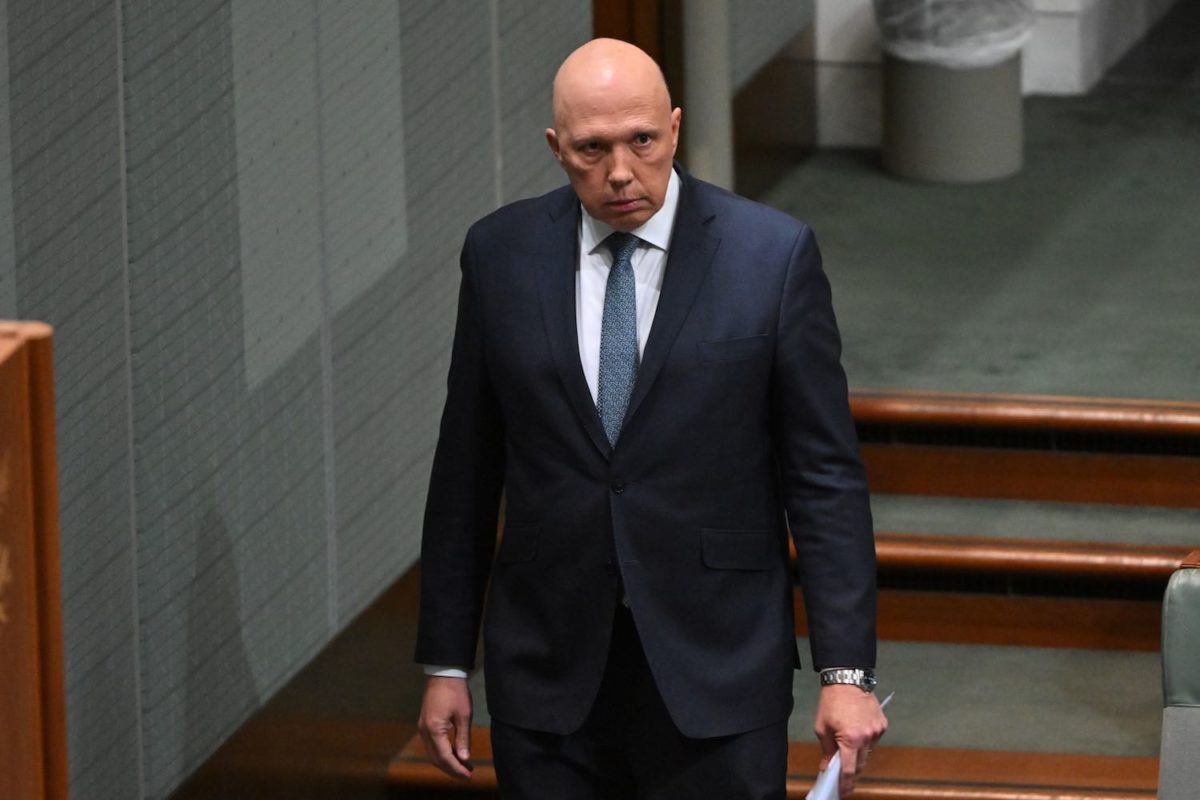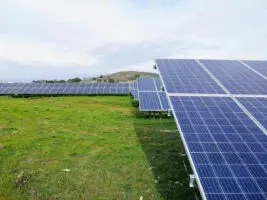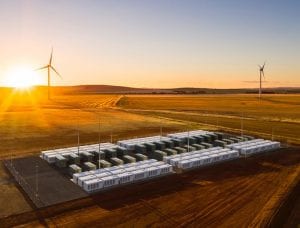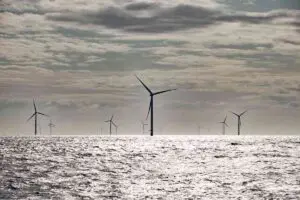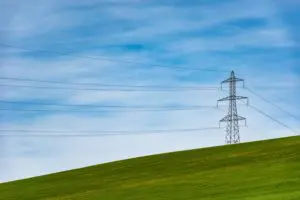It appears some people have learned absolutely nothing from 20 years of climate wars.
Peter Dutton has announced he would dump Australia’s 2030 climate target and walk away from our Paris Commitment.
This would be a disaster for power prices. A disaster for families and catastrophic for businesses large and small.
Dropping the commitment and withdrawing from the Paris agreement will spook investors, slow new investment and result in higher power prices.
Driving down power prices and ensuring the lights stay on requires more investment in clean energy, immediately. It’s simple supply and demand price dynamics.
Australia’s commitment to 43% emissions reductions has helped give investors certainty that Australia is serious and investments in clean energy valued.
There is a cruel time lag between cause and effect.
The effect of bad energy policy doesn’t show up for three or four years – the next political term. Good strong sensible policy that delivers much needed new investment takes a number of years to flow through to lower power prices.
That means the decision makers in power today, are often benefiting or suffering the political effect of the decisions that previous governments made.
It’s cruel and means voting public are easily confused on the cause and who to blame when things aren’t going well.
Investors have a strong appetite to put capital into clean energy in Australia.
But we can’t be complacent. Many other countries have strong targets, effective policies and a strong investment climate.
Walking away from targets and international commitments will make investors think twice and prioritise investments into other countries where returns can be assured.
Australia has underinvested in new electricity generation for much of the past ten years. It’s easy to see why.
We chopped and changed of climate policies, dumped Prime Ministers and rode a bizarre carousel of uncertainty in energy policy. The result: higher power prices today.
Clean energy investors make commitments of several hundred million dollars in projects that have a life of some 30 years.
Bipartisanship on key energy and climate policies are important to underpin these major investments.
For the first time in our nation’s history, we have state and federal governments – irrespective of political persuasion committed to managing the energy transition, driving lowest cost solutions and working together to deliver it for the sake of lower power prices and reliable energy.
But the Federal Coalition is all at sea.
If they don’t support 82% renewable energy by 2030, what target will they commit to? Do they support the Capacity Investment Scheme that is now doing the heavy lifting to deliver new large-scale renewable energy and energy storage investment that will deliver the target?
It was modelled on the Coalition’s own Underwriting New Generation Investment Scheme introduced by then Energy Minister Angus Taylor. Different acronym, but largely the same scheme.
If the Coalition don’t support that, what do they support to actually deliver new electricity generation? You can’t credibly support renewable energy without have a clear position on these crucial questions.
The Coalition’s focus on nuclear and gas are a distraction.
Nuclear power is far more expensive and 20 years away.
We face very high gas prices making it very expensive to use for electricity production, particularly when batteries and other long duration storage solutions are coming down in cost quickly.
Driving down energy prices and managing the inevitable transition away from coal is complex and challenging. But we should expect better from our political leaders than cheap stunts and distractions.
Kane Thornton is CEO of the Clean Energy Council.

